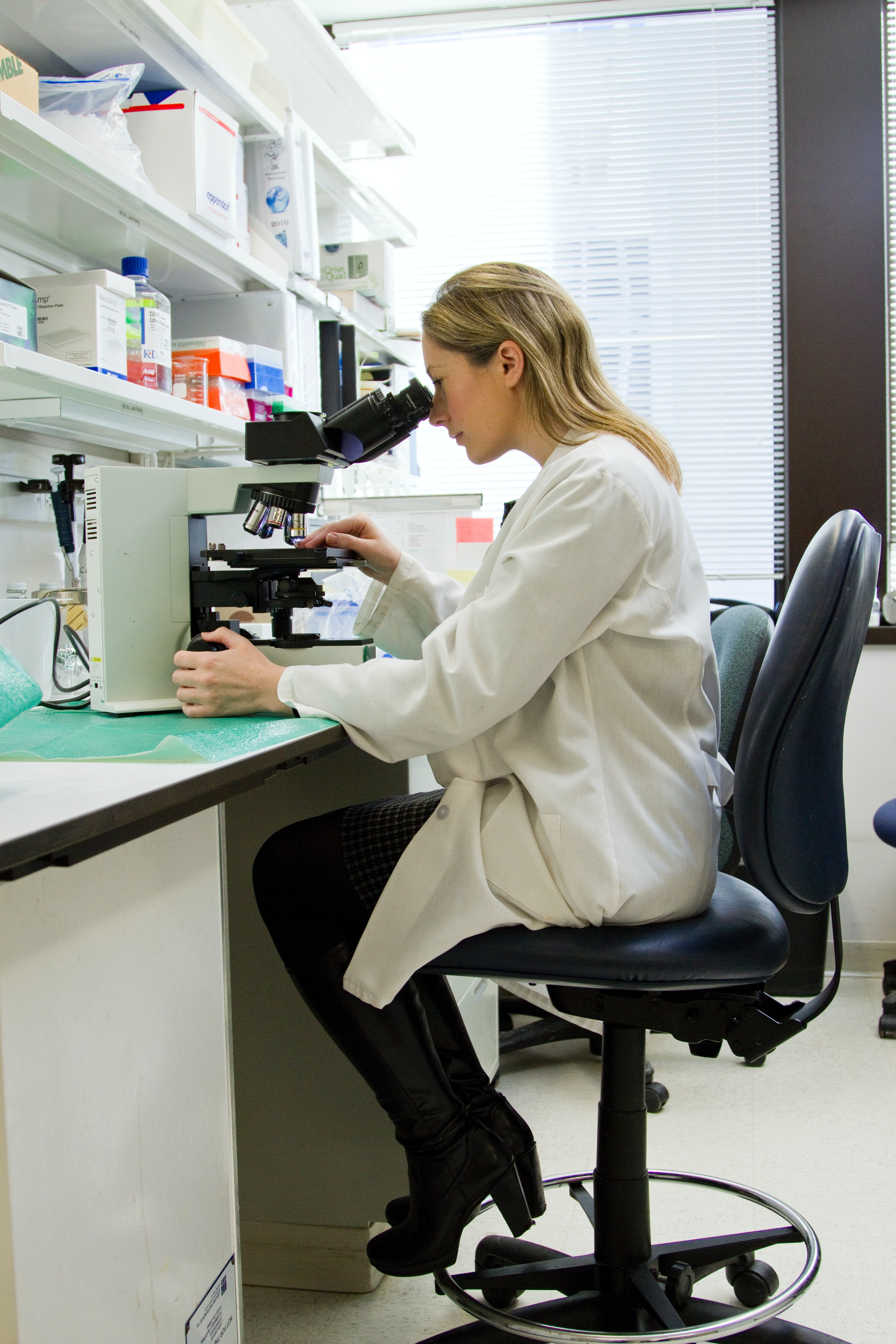Photo by National Cancer Institute on Unsplash
The Innovative Health Initiative (IHI) has launched two new calls for proposals featuring topics on the environmental impacts of healthcare.
These concern addressing the use of animals in research and the generation of synthetic health data for research, among other things.
IHI is a partnership between the EU and Europe’s health industries. EU funding for the calls stands at almost EUR 200 million – this will come from Horizon Europe, the EU’s research and innovation programme.
The industry partners of IHI and IHI contributing partners will commit an equivalent amount to the projects, mainly via in-kind contributions such as their researchers’ time and access to resources and equipment, for example.
IHI’s interim Executive Director, Dr Hugh Laverty, said: “The topics in these calls show how IHI makes concrete contributions to key European policies.”
“Our two topics on the environmental impacts of healthcare are in line with the goals of the European Green Deal.”
“We have topics that advance the EU’s aim of replacing, reducing and refining the use of animals in research. We also have a topic that will help to boost the involvement of people from underserved patient populations in clinical trials.”
Two topics in the calls are set to reduce the environmental impacts of the healthcare sector.
One aims to apply the ‘safe and sustainable by design’ (SSbD) principles to packaging and single-use devices, from the earliest design stages to the end of the product’s life. It will do this for example by using alternative materials and facilitating the recycling of both packaging and devices.
This will help the health sector to generate less waste and reduce its carbon footprint.
Most environmental impacts of medicines occur during manufacture.
The goal of the second topic is to develop novel manufacturing methods that would reduce the use of solvents, replace toxic ‘substances of concern’, and reduce water and energy use.
Another major project output will be a publicly available digital toolbox that will help scientists and engineers to devise manufacturing processes that produce safe, high-quality products but have a minimal impact on the environment.
The EU has long had the goal of replacing, reducing and refining the use of animals in research (the ‘3Rs’).
In addition to the ethical concerns surrounding the use of animals in research, results generated in animals do not always reliably predict what will happen in humans. Two topics in the new calls will contribute directly to the 3Rs.
One topic aims to develop non-animal approaches and generate evidence to support their use in situations where animal-based tests are used currently.
This evidence will allow the industry and regulators to use these non-animal approaches in their work and decision-making processes.
Today, non-human primates are still used in medical research due to a lack of alternatives.
The other ‘3Rs’ topic aims to explore how minipigs could be used to replace non-human primates in the development of new medicines and medical technologies.




